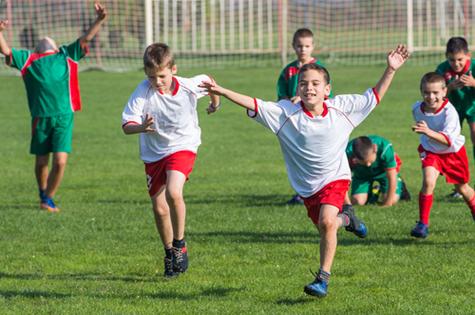Primary school kids who drop out of organised sport have up to a 20% greater risk of developing mental health problems within three years than those who keep participating according to new research.
The research, to be presented at Sports Medicine Australia’s be active 2014 conference starting today found that children who dropped out of organised sport between the ages of 8 and 10 had greater psychological difficulties at age 10 than those children still participating in organised sports.
Lead author Dr Stewart Vella of the Early Start Research Institute at the University of Wollongong said those children who had dropped out of organised sports reported greater social and emotional problems, as did those who did not participate in organised sport at all.
“We know that sports participation has long been associated with better mental health such as through the development of better social and emotional skills and self-esteem,” Dr Vella said.
“We also know that half of all psychological disorders have their onset before the age of 14 years.
“While we were expecting our results to confirm the negative psychological consequences of dropping out of organised sport, we were surprised by the magnitude of the differences, with the total relative increase of risk in mental health problems within three years for kids who drop out between 10-20%.
“What was also concerning was the projected rate of sport dropouts among Australian children.
“Based on the dropout rates per year recorded during our study – if this number was to remain consistent throughout childhood and adolescence – it would translate to approximately 250,000 young Australians dropping out of organised sports every year.”
Dr Vella said kids who drop out of organised sports should be monitored for psychological difficulties.
“Clubs, coaches, parents and health practitioners should also look out for kids experiencing psychological difficulties who drop out of sport, as a higher level of mental health issues may be experienced immediately prior and subsequent to dropping out.”
The research examined the mental health of more than 4,000 children from the Longitudinal Study of Australia Children, comparing those who participated in sport to those who dropped out of sports or did not participate.



















__small.png)










